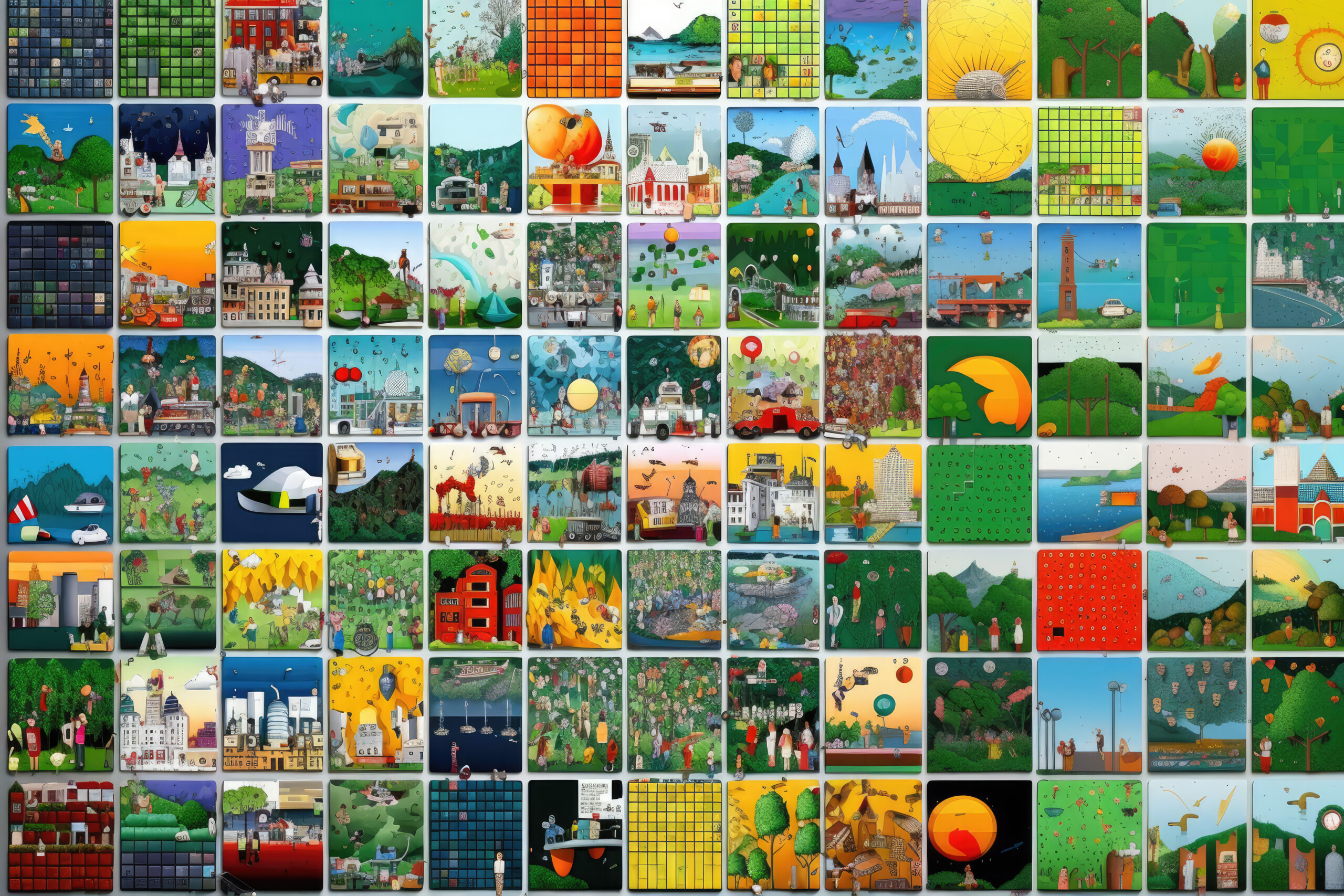Summary: Contrary to popular belief, global inequality is shrinking across many dimensions of human well-being, including income, lifespan, nutrition, education, internet access, and political liberty. This article presents a new Inequality of Human Progress Index that measures and confirms this trend, arguing that greater global interconnectedness and market liberalization have contributed to increases in equality across the globe.
Read Chelsea Follett and Vincent Geloso’s full paper, “Global Inequality in Well‐Being Has Decreased across Many Dimensions,” here.
Reading the news or listening to politicians and pundits speak, one could easily get the impression that global inequality is getting worse. But is the widely held belief that the world is becoming less equal true, or is it mistaken? The overwhelming majority of long‐term trends regarding living standards—ranging from rising life expectancy to declining rates of poverty and hunger—show considerable improvement, even accounting for recent pandemic‐related setbacks. You can explore the evidence for yourself on websites such as HumanProgress.org. Have those improvements been widely shared, or have they accumulated mainly to a small population while much of the world is left behind?
That’s what George Mason University economist Vincent Geloso and I set out to discover. What we found is that while global inequality unquestionably still exists, it is in fact shrinking.
Our Inequality of Human Progress Index offers a new way of measuring global inequality. It is more comprehensive than any prior international inequality index, taking into account a greater number of dimensions. We found that in addition to a global decline in income inequality, there have also been declines in lifespan inequality, nutritional inequality, educational inequality, internet access inequality, and political liberty inequality. Around the world, gaps in these areas are shrinking.
Most importantly, there has been a decline in overall global inequality. That result was consistent, even under a variety of specifications that we tested. The data show that across all but two of the areas we examined, the world has become more equal since 1990. The data does not support the narrative of rising worldwide inequality.
The exceptions were infant survival inequality and clean air inequality. While infant mortality has decreased everywhere, it has fallen faster in rich countries with advanced medical technology and neonatal intensive care units. Clean air inequality has also gone up, probably because economic development often results in more pollution during industrialization before falling as a nation attains postindustrial prosperity—a tendency economists call the “environmental Kuznets curve.” Much of the world is still undergoing this transition.
Our research shows that improvements in international development have been both greater and more dispersed than many people realize. While there are still gaps, they are shrinking, and an accurate assessment of current trends is critical as we try to deepen our understanding of the drivers of human progress. The greater global interconnectedness and market liberalization of the past few decades have, it seems, not only raised absolute living standards but also equality. The world is not only better off than is commonly appreciated but also more equal.
This article was originally published at Cato.org. Read Chelsea Follett and Vincent Geloso’s full paper here.



